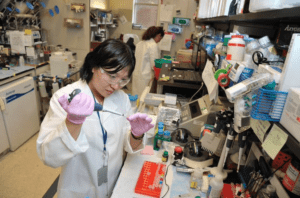Howard Fischer
Uppsala, Sweden
“Let us now praise famous men.”
— Ecclesiasticus 44:1

It has been a tradition in medicine to name a disease, a syndrome, a new treatment, or a surgical instrument after the person who describes it in the medical literature or invents it. Thus, we have Alzheimer’s disease, von Recklinghausen disease, Fanconi syndrome, Cornelia de Lange syndrome, Mayo scissors, and the Salk vaccine.
Recently, the production of eponyms has declined. Newly-described diseases are named for their manifestations or by their genetic or molecular anomalies. Dr. Dennis Gill,1 a pediatric nephrologist, has offered this “backronym” from the word “eponym” itself: “Every Pediatrician Of Note Yearns Memorability.” As a pediatrician, I too yearned to be remembered, hoping to find a clinical sign or technique that would be named after me. It did not happen.
This desire does not affect only pediatricians. Dr. Charles Tashima,2 an oncologist, in 1965 described “Tashima’s syndrome.” He defined it as “a condition in which a physician searches for a new sign, disease, or syndrome to which his [sic] name can be attached…” He reported that there was no Tashima syndrome in the English language medical literature. He knew no Japanese, so he had not investigated the Japanese literature.
For those of us still hoping for our own eponym, it is too late.
References
- Dennis Gill. “Doctors like eponymity,” Hektoen International, 3(1), 2011.
- Charles Tashima. “Tashima’s syndrome,” JAMA, 194(6), 1965.
HOWARD FISCHER, M.D., was a professor of pediatrics at Wayne State University School of Medicine, Detroit, Michigan. He has long admired William Carlos Williams both as a poet and as a physician.

Leave a Reply